Evie is a fire safety consultant specialising in fire risk assessments and fire strategies for existing buildings.
She works on projects to document existing buildings and provide guidance to clients in respect of major works, helping them to work within the restraints of their current buildings.
Here, Evie reflects on her career in fire engineering and what she predicts for the future.
What inspired you to become an engineer?
I was inspired to join the engineering consultancy industry because it aligned with my natural motivations of investigation and problem solving.
Why fire engineering?
Fire engineering is my chosen discipline as this was my main interest in the engineering world. Fire engineering and the underpinning science became my passion during a university module entitled fire and explosions. In this module, we reviewed the behaviour of fire in its various stages and used this knowledge to analyse a fire crime scene.
What innovative new approaches are you seeing when it comes to fire engineering?
Through my fire risk assessment work, I am seeing the practical implications of fire engineered designs. It is critical that when a solution is proposed it will meet the functional objective. Fire doors designed to maintain compartmentation are often propped open which renders the fire door ineffective. Fire alarm interlinked door hold open devices allow for an easier transition from space to space for building occupants, while allowing the fire doors to serve their purpose of holding back smoke and fire when the fire alarm system is activated.
Where do you see the future of fire engineering heading?
Going forward I believe fire engineering will steer more towards testing of systems and evidence of achieving the required standards to allow for deviation from approved document B.
What is the difference between fire protection engineering and fire engineering, and how do they work together?
Fire engineering deals with the building as a whole reviewing means of escape, means of warning, fire spread and facilities for the fire services. This role then interlinks with the fire protection team to provide specific designs for sprinkler systems and fire alarm systems where required. A fire engineering strategy would recommend the category of a system, but the fire protection team is essential to develop this further.
What legacy do you want to leave, when it comes to your career?
The legacy I would like to leave is a reminder to take engineering challenges back to first principles and interrogate their intention, to be able to come to a solution that works in a real life scenario once a building is handed over to be occupied. What solutions can withstand the test of a building’s busy day-to-day occupancies to keep occupants safe?






